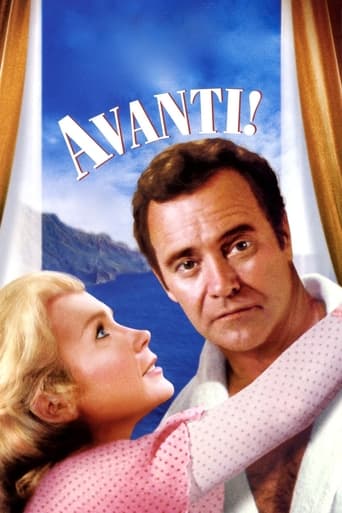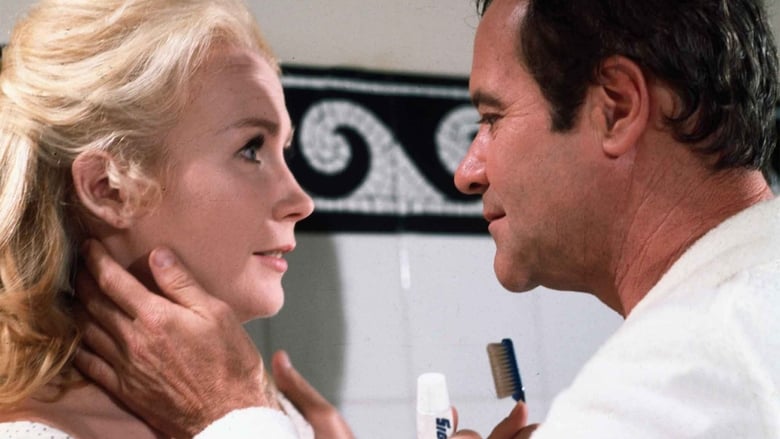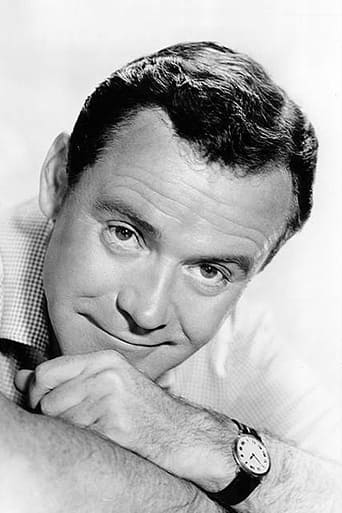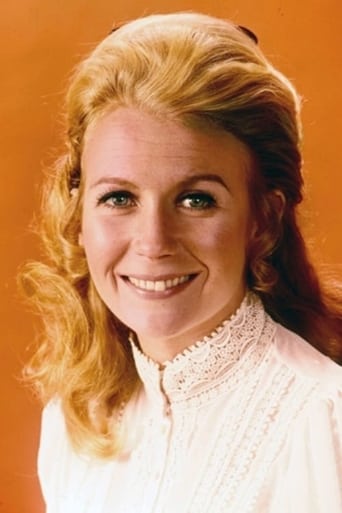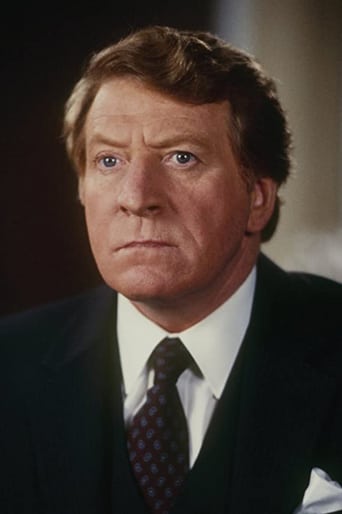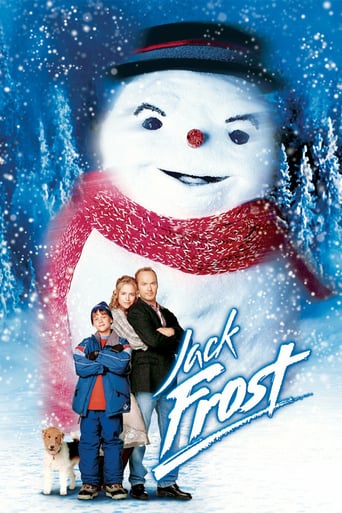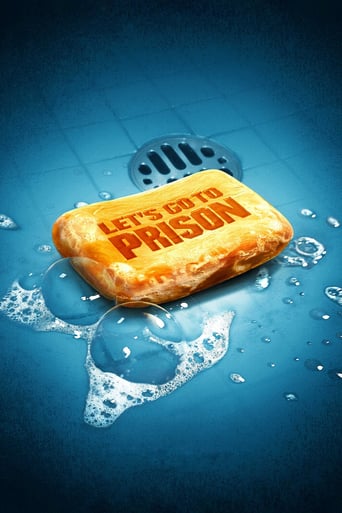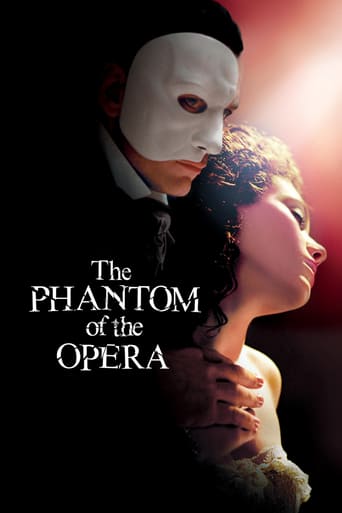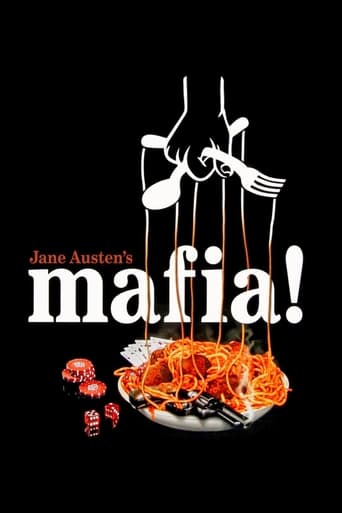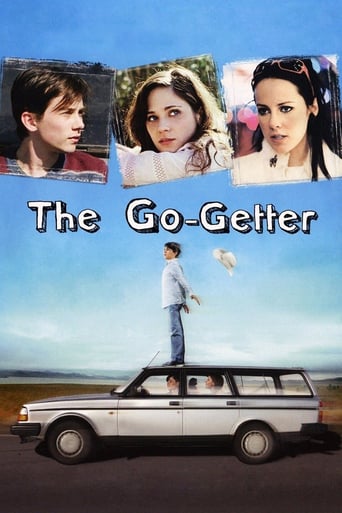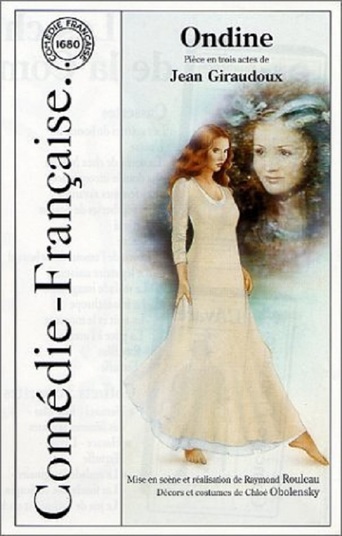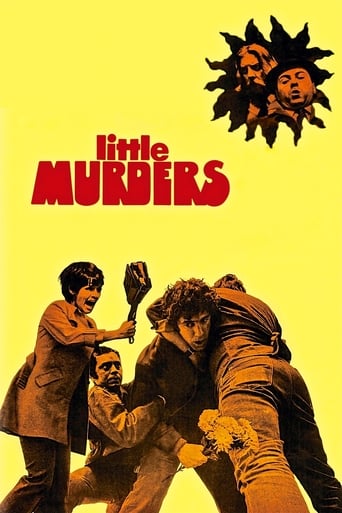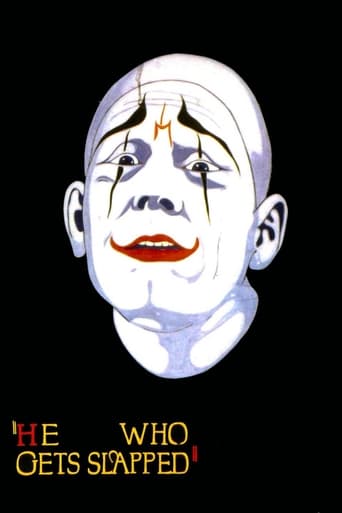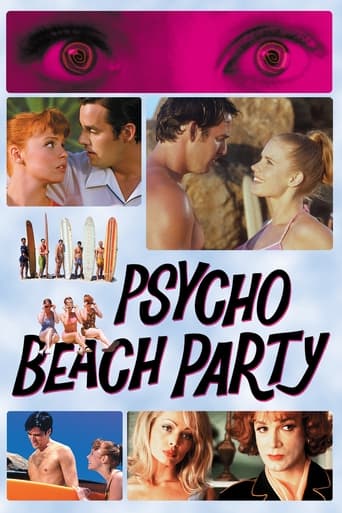Avanti! (1972)
A successful businessman goes to Italy to arrange for the return of his tycoon-father's body only to discover dad died with his mistress of long standing.
Watch Trailer
Cast


Similar titles
Reviews
Touches You
Too much of everything
People are voting emotionally.
Good concept, poorly executed.
The incomparable Jack Lemmon is wealthy industrialist Wendell Armbruster who at the last minute travels to the Italien resort of Ischia to pick up the corpse of his father who was killed in an automobile accident. Lemmon crosses paths with free-spirited London shop girl Pamela Piggott Juliet Mills who is revealed to be the daughter of Lemmon's Mistress who have been secretly having a ten-year summertime affair. Straitlaced Wendell tries to avoid a scandal After some confusion with the bodies and a blackmail attempt by unscrupulous locals, Wendell and Pamela extend their parent's affair into the next generation. 'Avanti' is an underrated classic
(1)The reviewer who titled his review in part "a morally suspect film" was right on target: the film gives tacit approval to cheating on a spouse, the latter who in the film, from snippets of phone conversations from Lemmon's end, seems to be a helpful, loyal wife. (2)No realistic motive underlies the romantic relationship of the two main characters. (3) The film assumes a woman would be happy to be alone 11 months of the year, all for the sake of one annual month with a married man, with no prospect of permanent union. (4)The film relies on cheap gags which in turn depend on totally suspending reality. Some examples: (a) at the time the movie was set in the early 1970s (by its own cultural and political references), passport control at Leonardo da Vinci did not stamp most foreign passports; (b) an American official addressing a corpse in a coffin, swearing it in for duty, is not at all credible; (c) who would believe that a man would calmly substitute the corpse of a stranger for his own father and fly that corpse to the U.S. for a large funeral, while consigning his father's corpse to an Italian cemetery with a headstone bearing a false name--all this, to keep his new-found lover happy? For those reviewers who raved about the musical theme: what theme? There was none. There were varying bits of Italian folk music. At the beginning of the film, in Rome and then in Ischia, I heard some bars which I believe came from the Neopolitan comedic folk piece "Io, Tua Madre e Te" repeated a few times, but that was it. It is no surprise that the play the movie was based on had a very short run on Broadway and that the movie version didn't make a splash. The ONLY realistic descriptions of the Italian mentality were the acceptance of marital infidelity, the tangled bureaucracy, and the willingness to use personal connections to help a friend or a friend or relative of a friend. Everything else supposedly typically Italian was a gross exaggeration. (For whatever it's worth, I have no Italian ancestry, but I lived and worked independently in Italy and have some understanding of a country with many mentalities, depending on the region and on the city and town. The only American film about Italy that I've seen that, to me, had any flavor of accuracy was "A Bell for Adano." All other American films set in Italy are fantasies. If one wants to see a film with some realistic depictions of segments of Italian society, one should see those that are those made by Italians. Not all Italian directors, of course - Cinecittà produces lots of bombs too.)
For more than a decade, American big shot Walter Armbruster has been in the habit of lavishing August and September at the Grand Hotel Excelsior in Ischia, where he has been convening covertly with his British mistress. This is slowly fathomed after Walter Armbruster, Jr., played dynamically by a seasoned Jack Lemmon, comes to the Italian haven to declare his father's body. The senior Armbruster took a hairpin turn a little too abruptly, unfortunately, and his Fiat fell over 600 feet into a vineyard. His mistress was also killed. Her daughter, played by an insatiable Juliet Mills, has come to claim the body, and when the two children meet it is not initially a beauteous spectacle.Billy Wilder's intermittently funny, cute travel farce begins with this elementary pivot and builds a friendly, cultivated interlude out of such material as issues with Italian etiquette, the dilemma in finding zinc-lined coffins, and the extensive lunch hours when no orders can be made. And then there is another unceremonious headache: The bodies have been stolen from the morgue.A veteran of the romantic comedy whose directorial approach---though less sharp in its latter days---continues to reflect his regard for the central priority of the writing, Wilder confounds these obstacles with some other strands that in some way zigzag channels with the Armbruster legend. There is the valet, for example, who wants to escape to America, away from the indignation of his pregnant Sicilian girlfriend. There's the meddling of the U.S. Ambassador, who wants to elect Armbruster Sr. to a post-mortem embassy post, so the body can return home by diplomatic pouch, so to speak. And there is the frustration that Jack Lemmon and Juliet Mills find themselves falling in love just as their parents had.Wilder justly grasps that no one is better than the Italians at conniving to grease the wheels of a romance. Everyone in the hotel, especially the suave manager, played by Clive Revill, went along with the autumnal romance between the old couple who met every August. Everyone is resolute that the children shall remember their parents in the right way. The same menus are served, the same songs played and, inescapably, Lemmon and Mills find themselves sunning on the same rock in the same altogether.Wilder's fourth to last picture isn't a laugh-a-minute sort of a movie, and it's too long by maybe half an hour. It also aches with the trouble that the audience has everything deduced several minutes before Jack Lemmon does. But the movie has a particular enchantment, some of which works on auto-pilot with the locations, and there is in most of the several Wilder/Lemmon collaborations a buoyant disregard, as if life is best verged upon with a blithe, if confused, smile. The then up-to-date exchanges by ceaselessly likeminded veteran script collaborators Wilder and I.A.L. Diamond, Kissinger jokes, Billy Graham jokes, etc., gives this casually amusing movie the air of a vaudeville comedian's TV special. But Mills is refreshingly unconventional, and there is a deft performance by Revill and a Rota-reminiscent Felliniesque score by Carlo Rustichelli.
Saw this when it was released and thought it was "okay"- had a little problem with the story's European morality- but I was only a teenager at the time. Over the years I've caught the film on a couple of occasions (not always seeing all of it, after all it is a long film) and I would normally say the film had grown on me...but I have the feeling it's me that has done the growing. A real pleasure- from the performances to the locations- I find it now oddly affecting. Wilder's last best shot is an absolute must for anyone who has had to sit through Private Life of Sherlock Holmes. At his best Wilder is as good as anyone at film-making and, though Avanti is just shy of his best, it's a far sight ahead of what we call film today.

